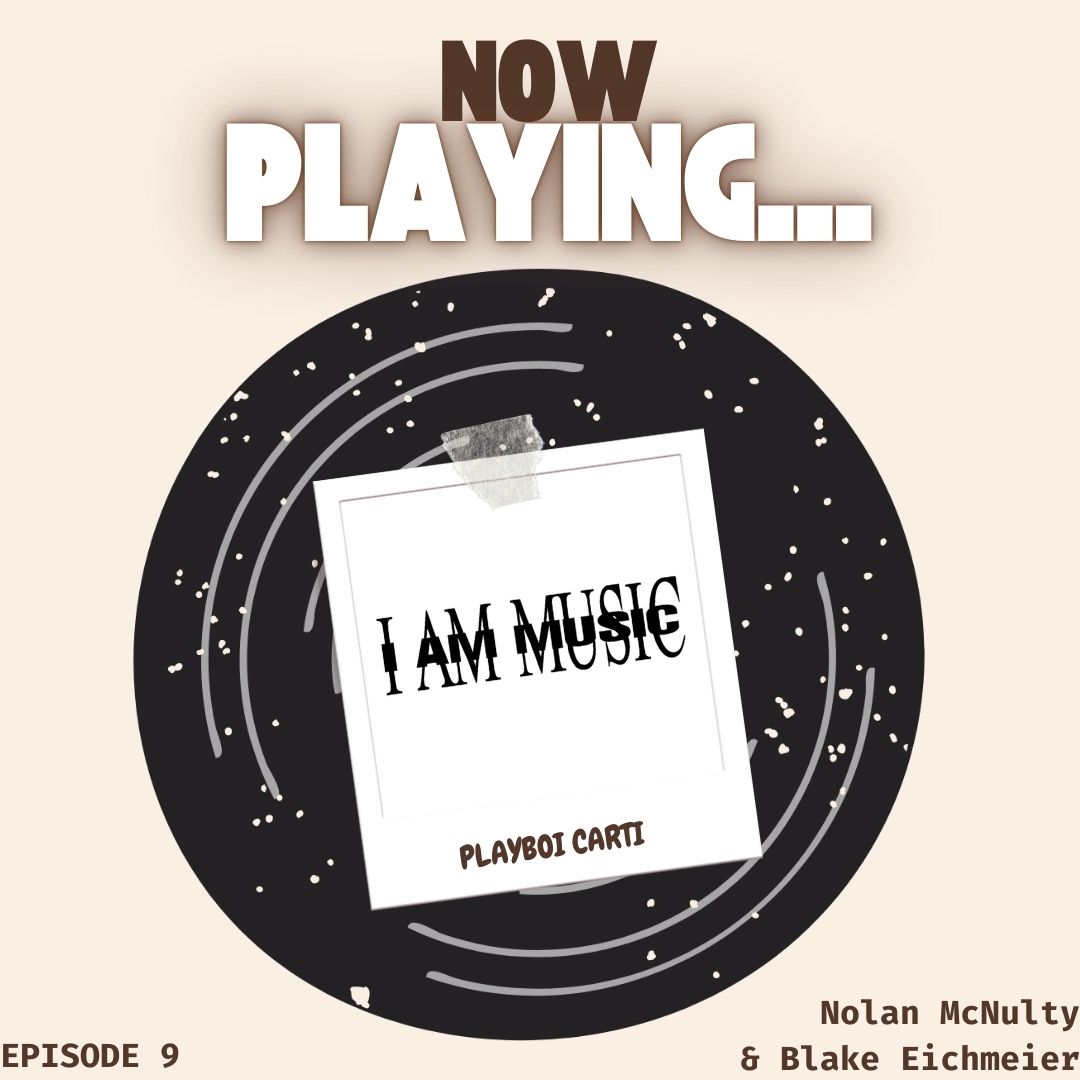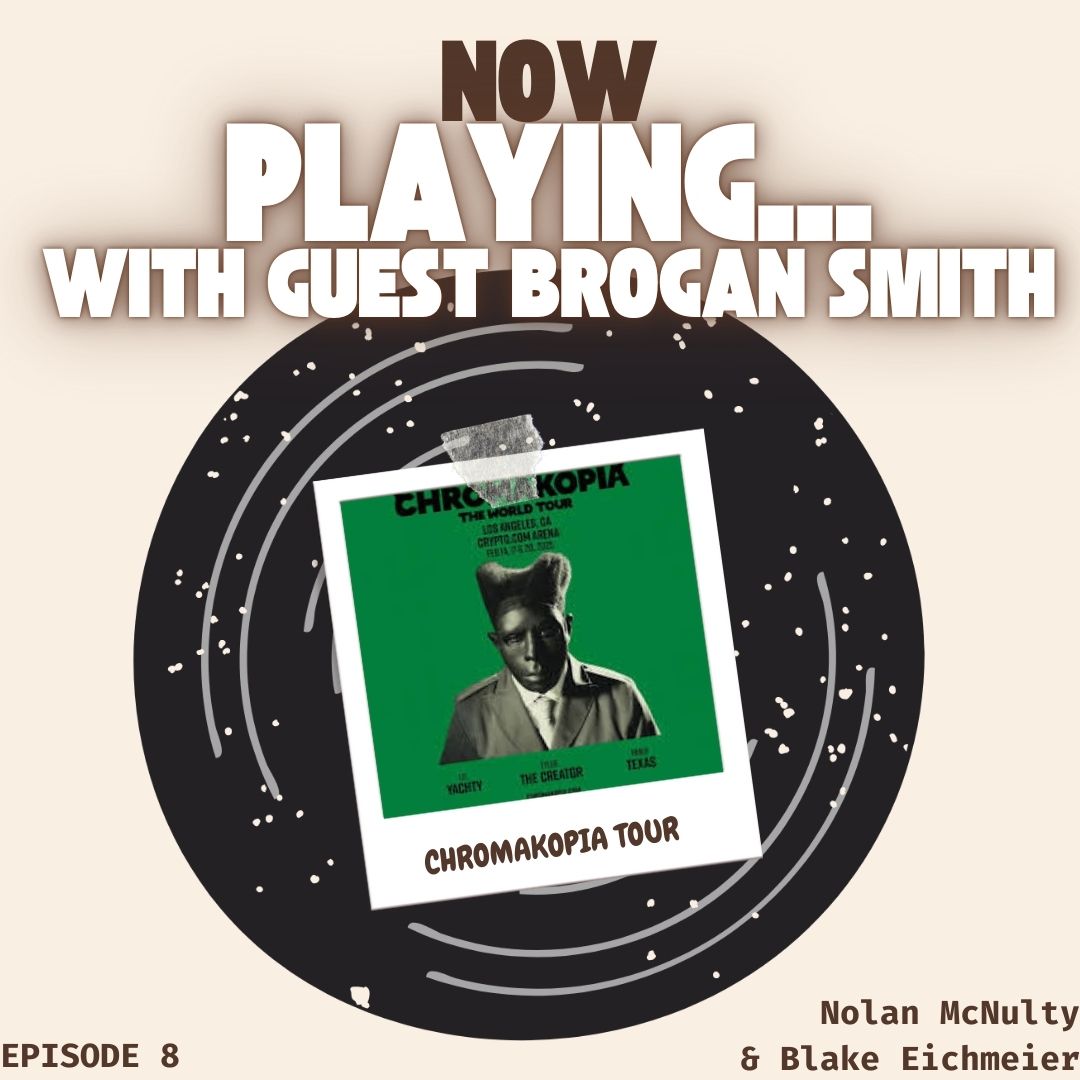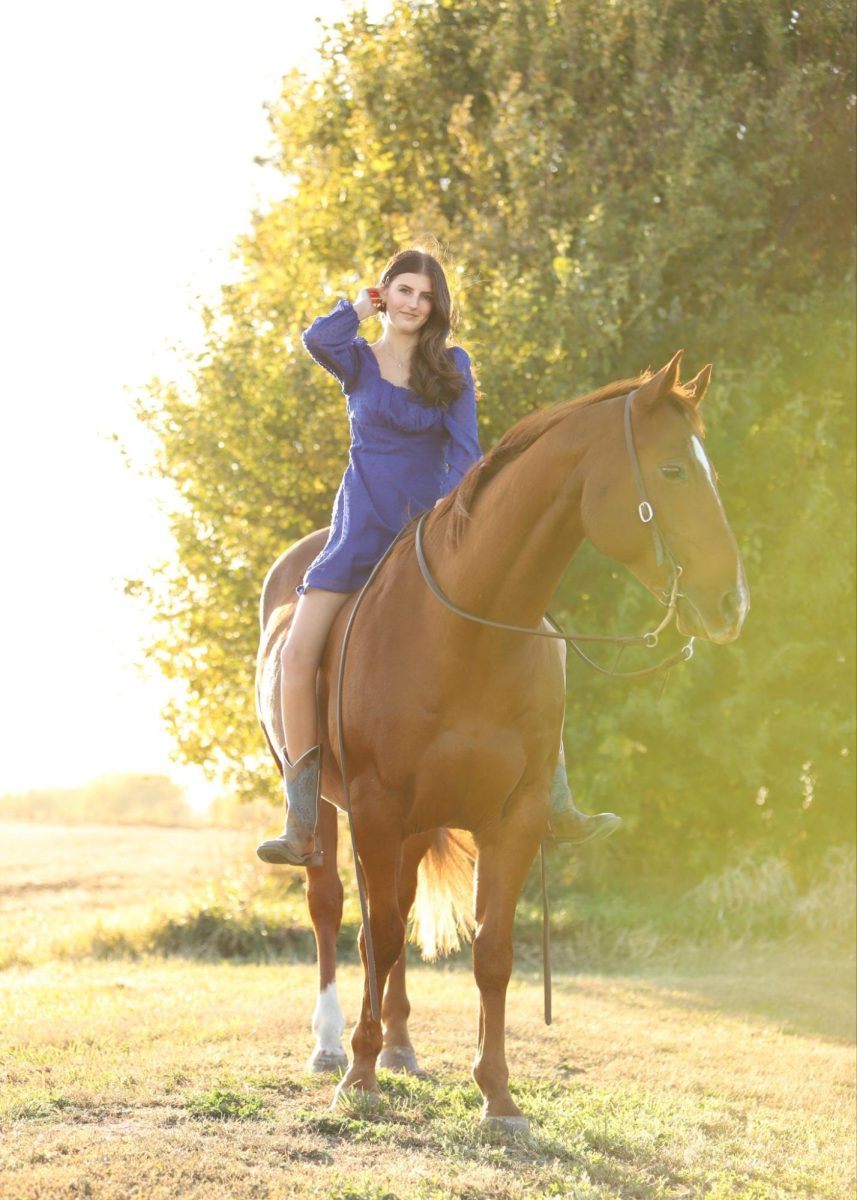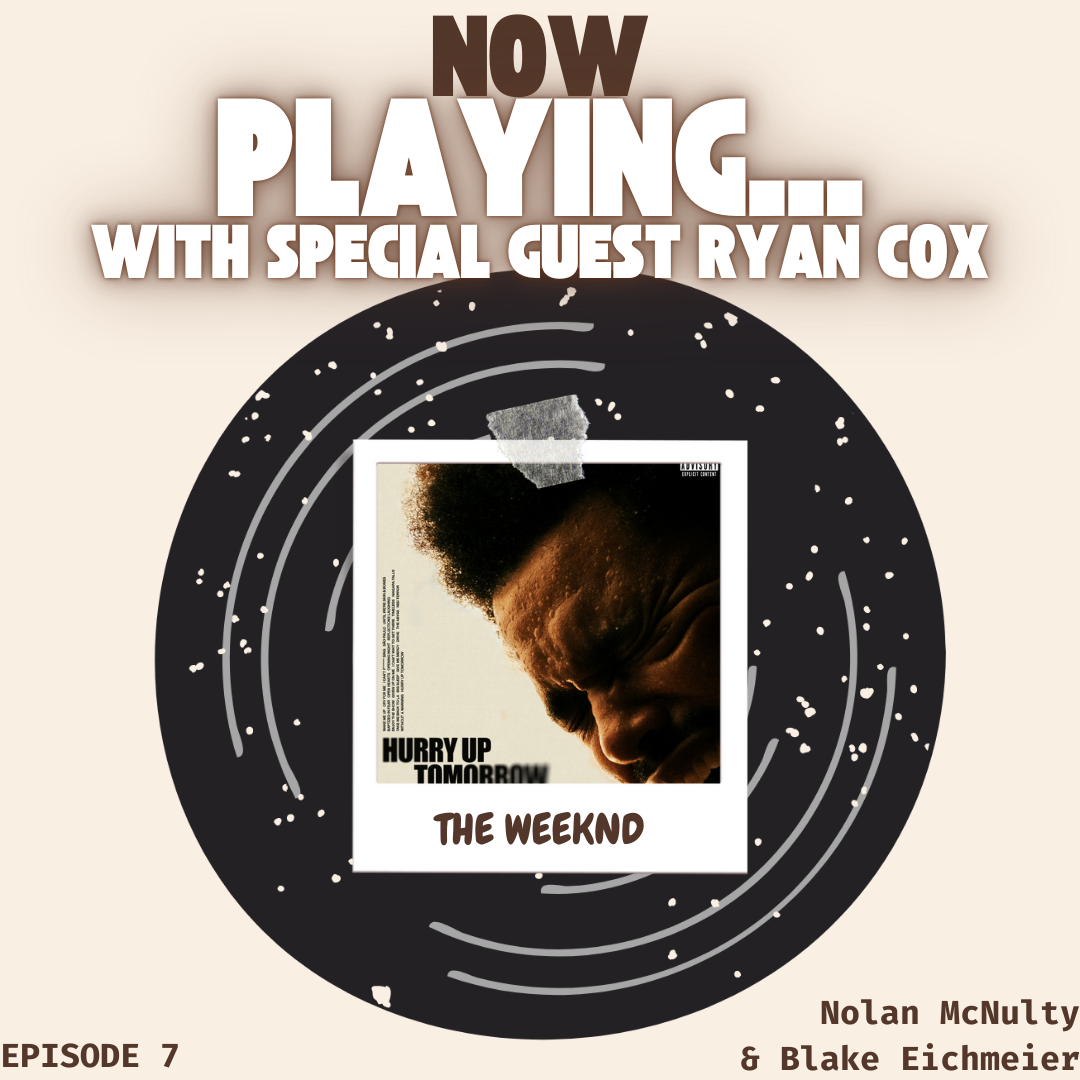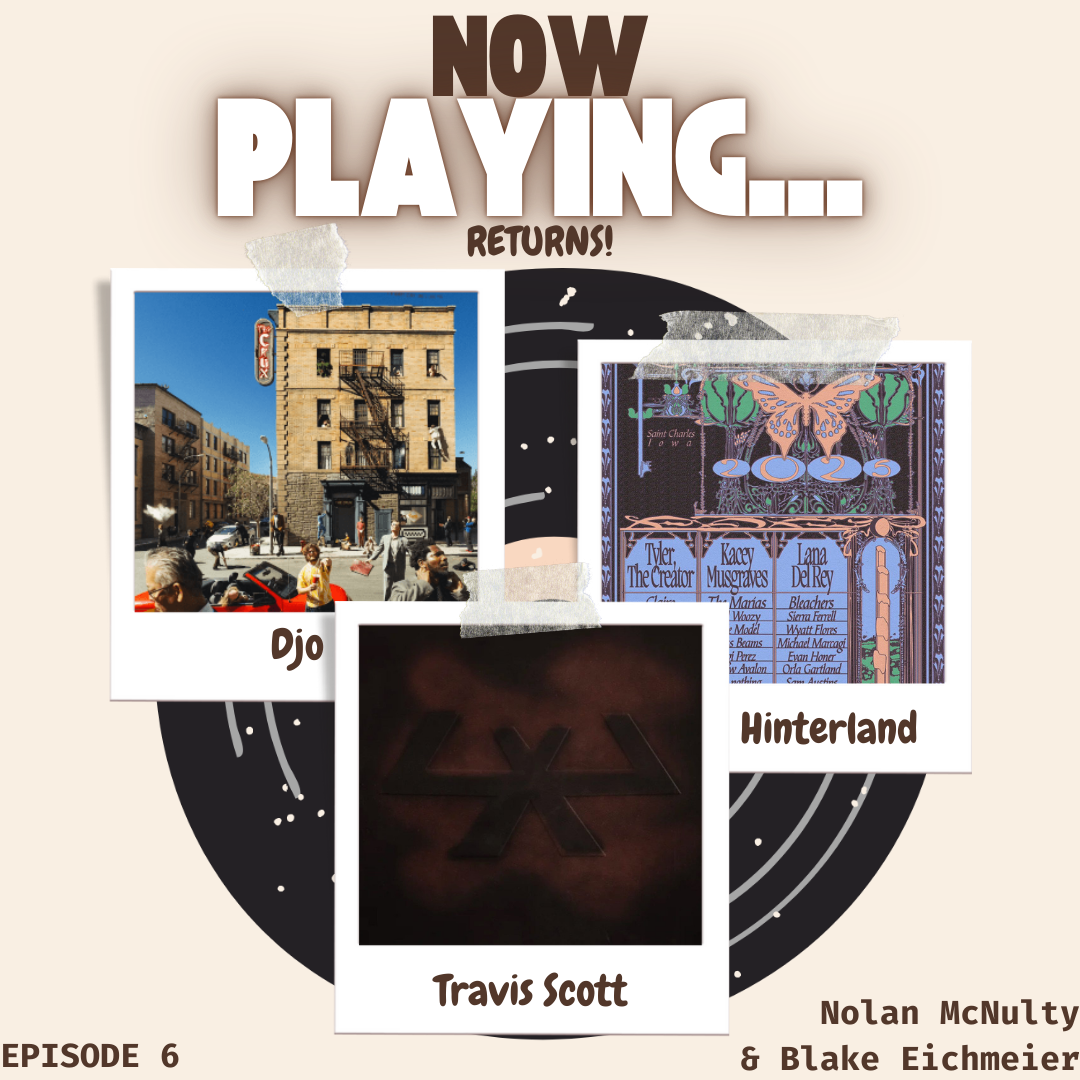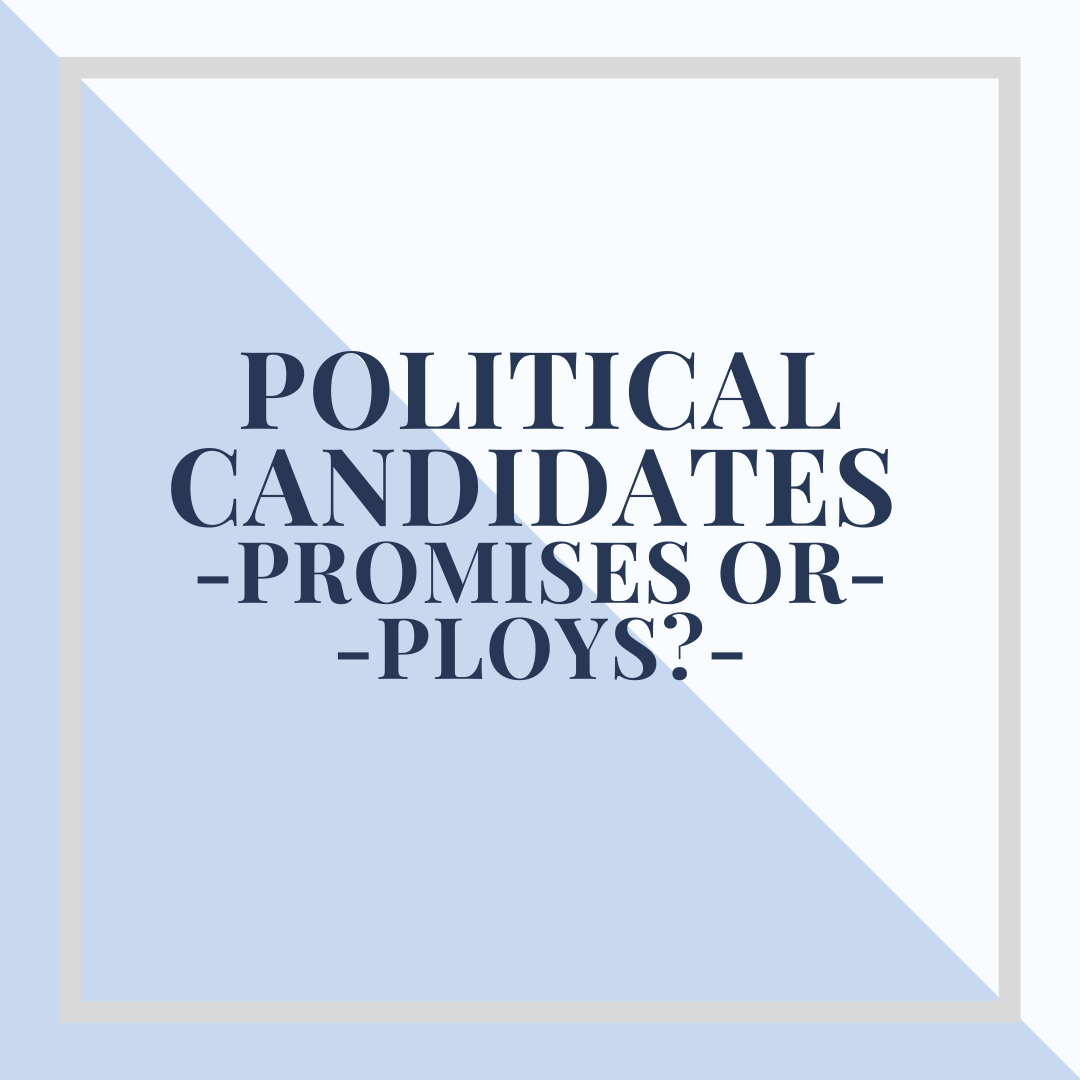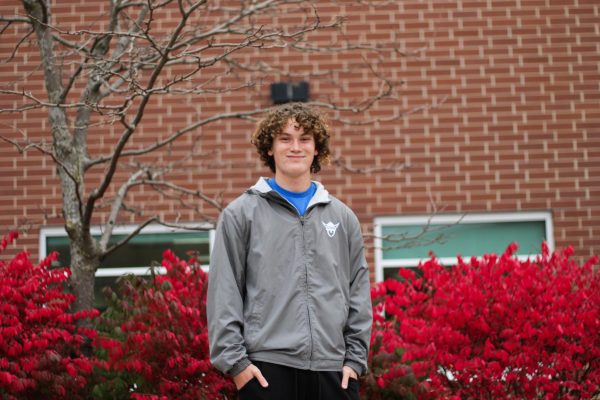Every four years, candidates promise broad and significant changes, but for the younger voters, the foremost question is: Are these promises for real impact or just popularity ploys aimed to take advantage of votes? With Donald Trump on TikTok and Kamala Harris on Fortnite and Twitch, appeals from candidates towards the youth are prevalent across all platforms, but is it actually working and are students actually voting?
YOUTH PERSPECTIVES
According to a 2023 Tufts University Poll, which surveyed 2,017 U.S. citizens from across the country, only 57 percent of adults aged 18-34 said they are “extremely likely to vote” in next week’s election, additionally only 19 percent of polled individuals said they felt reached by political campaigns.
The influence this demographic could have if properly reached by political campaigns would seemingly sway the election. In order to discover Ankeny High School (AHS) voting trends, The Talon conducted a convenience sample comprising 15 current AHS students and 10 recent graduates. While this sample is a snapshot of levels of engagement, it does not fully represent the population as participants were not selected randomly but by availability.
This convenience sample reported 13/15 eligible students as voting and 9/10 recent graduates as voting. This convenience sample shows that people are voting, but this may be subject to bias which would cause an overestimate of actual voters.
James Wassell, a 23 year old Marine veteran, new father, and candidate for Iowa State House District 20 which represents the greater Council Bluffs area, speaks openly about his belief in youth participation in politics.
“It is important for young people to stay engaged in politics because the enemies of freedom never rest,” Wassell said. “In a world where culture is swiftly shifting, a complacent generation can easily forsake their liberties and rights if they turn a blind eye to political friction.”
Reportedly political candidates value pop culture when appealing to young voters. This comes in many forms featuring popular musicians at speeches, making appearances on viral podcasts, playing popular games, and visiting sporting events.
Wassell says this pop culture appeal is “Growing old and I don’t believe it will be very effective in the future.”
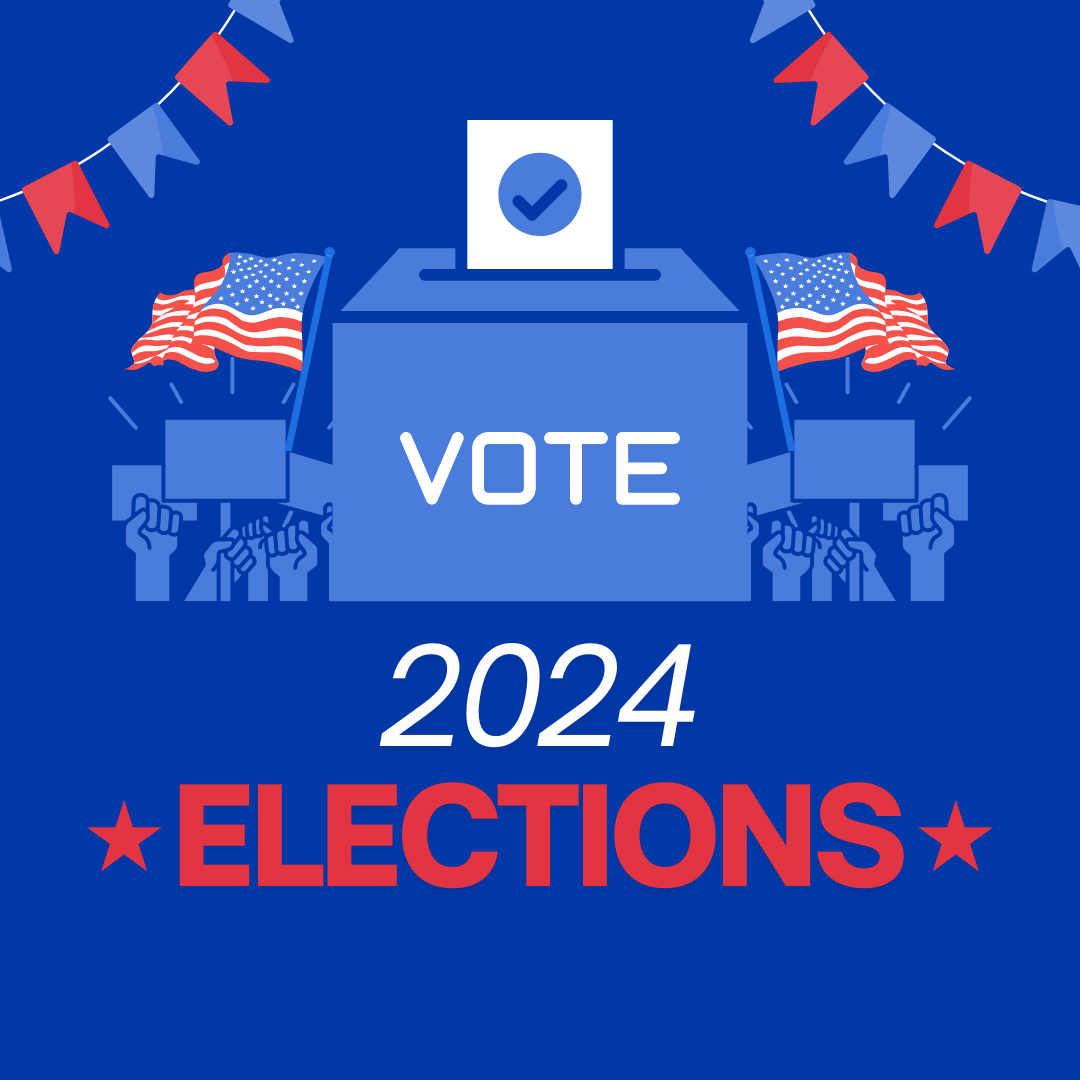
As skepticism about the longevity of pop culture appeal in politics grows, the focus shifts to a more substantive approach, emphasizing the importance of moral leadership.
“Candidates who can exhibit moral courage to preserve the future for families are the greatest allies the young generation has,” Wassell said.
Seventeen year old AHS senior Kyler Johnson will not be able to vote this election cycle but still has many strong political opinions and encourages those who can vote to utilize their voice.
“I wish I could vote as this election is very important personally for me. [There are] many topics which affect nonvoters and voters alike in this election,” Johnson said. “It all affects you directly or indirectly.”
Johnson emphasized the importance of young voters finding their political beliefs independent from those around them.
“Educate yourself, [and] pick what is most important to you and vote accordingly,” Johnson said.
AHS senior Grady Andersen is eligible to vote this election cycle and also maintains the belief that voting is not something to be taken lightly.
“It is the biggest thing to participate in with the U.S. democracy,” Andersen said.
Andersen understands the difficulty many younger voters may have with voting, some may be worried what their friends think of the candidate they side with.
“The younger generation can be scared of judgment of who they vote for. Don’t worry about that. They [other people] don’t need to know [who you voted for],” Andersen said.
Andersen is very displeased with the current political institution and would love to see change to the two-party system.
“Younger generations feel the political institution does not represent them,” Andersen said.
Andersen believes a strong need for independent candidates and voters exist in the modern country, and that issues are not as clear as they once were.
MEDIA ENGAGEMENT
One way political candidates are becoming increasingly visible to young voters is by increasing their presence on social media platforms with a predominately younger demographic like TikTok, Twitch, and Snapchat. Both Trump and Harris have TikTok accounts for their campaigns and a personal account.
Trump garnered national attention by amassing more than 2 million followers in 24 hours. Together Trump’s TikTok accounts have 16.3 million followers, while Harris has 11.5 million followers. This shows the efforts of both parties to tap into the voters who are present on the platform.
Earlier in October, the Democratic Vice President Candidate, Tim Walz, streamed popular video games with U.S. Representative Alexandria Ocasio-Cortez on the video streaming platform Twitch, which is popular among youth. The stream proved to be entertaining, informative, and humanizing.
The Republican side has been on a series of podcast appearances with Trump first joining popular millennial comedian Theo Von on his podcast “This Past Weekend” and following it up with an appearance on Joe Rogan’s podcast “The Joe Rogan Experience.” Trump’s Vice Presidential Candidate, JD Vance, followed Trump’s footsteps with an appearance on both “This Past Weekend” and “The Joe Rogan Experience.”
VOTING: RIGHT OR PRIVILEGE?
Registered voters in Ankeny can locate their polling location on the Secretary of State’s website by entering their zip code and their house number and street.
There is reportedly a divide in the way U.S. citizens see voting–as a right or a privilege, but it is one clear way to vote for personal interests and beliefs.
“If you do not take responsibility [vote], I do not want to hear you complain,” Johnson said. “Everyone educate yourself and go vote!”



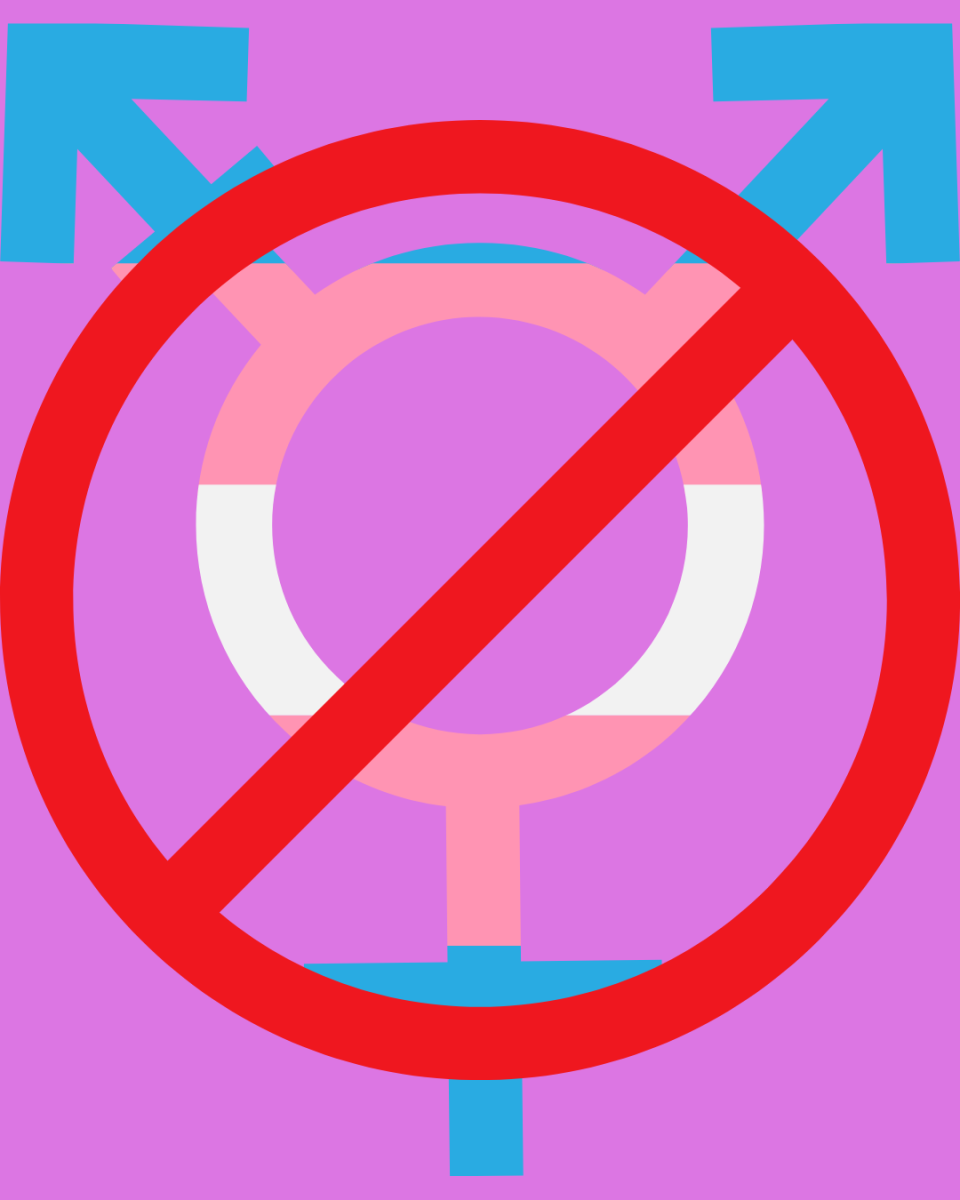


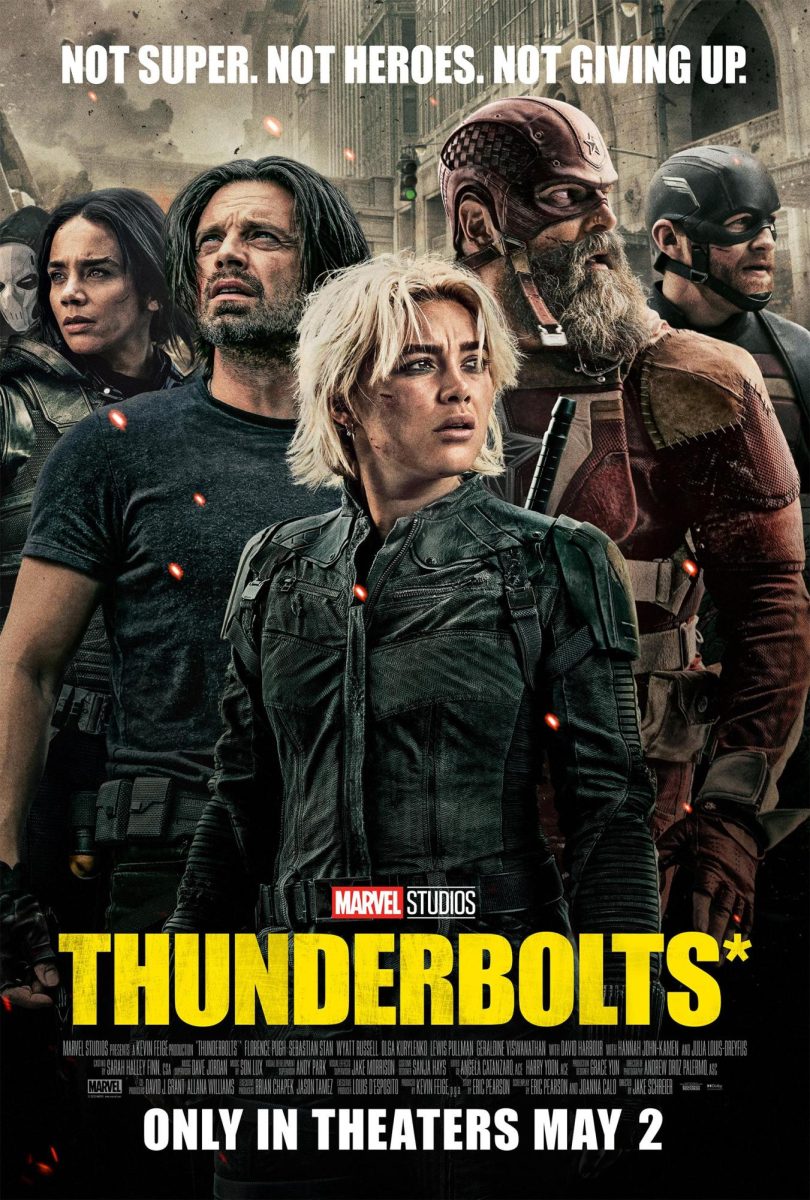
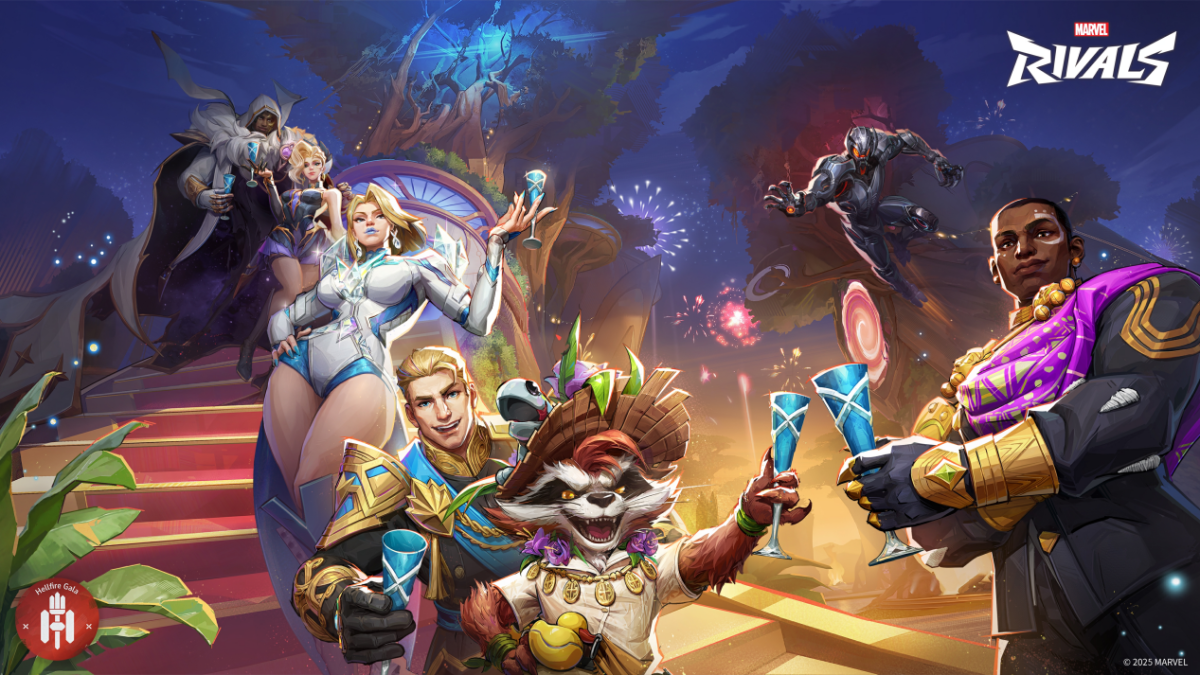





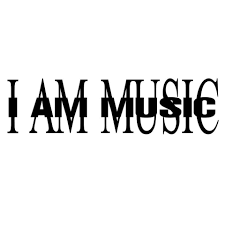


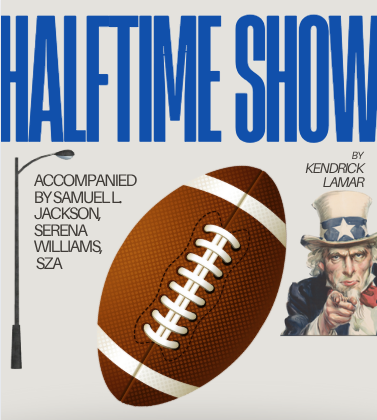


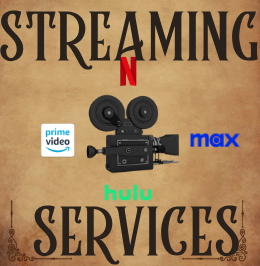
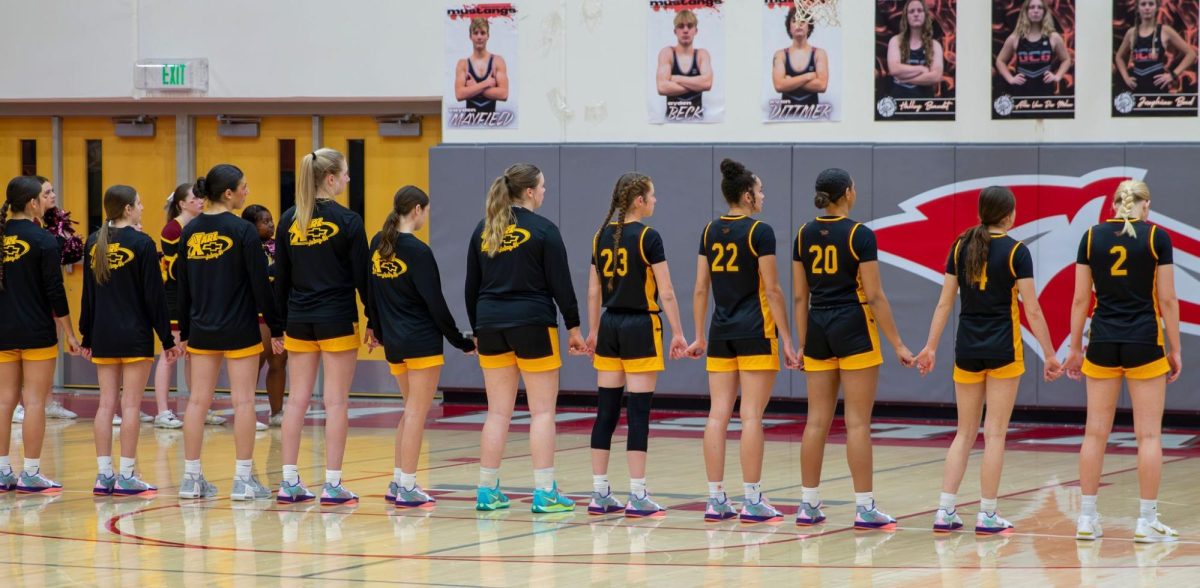


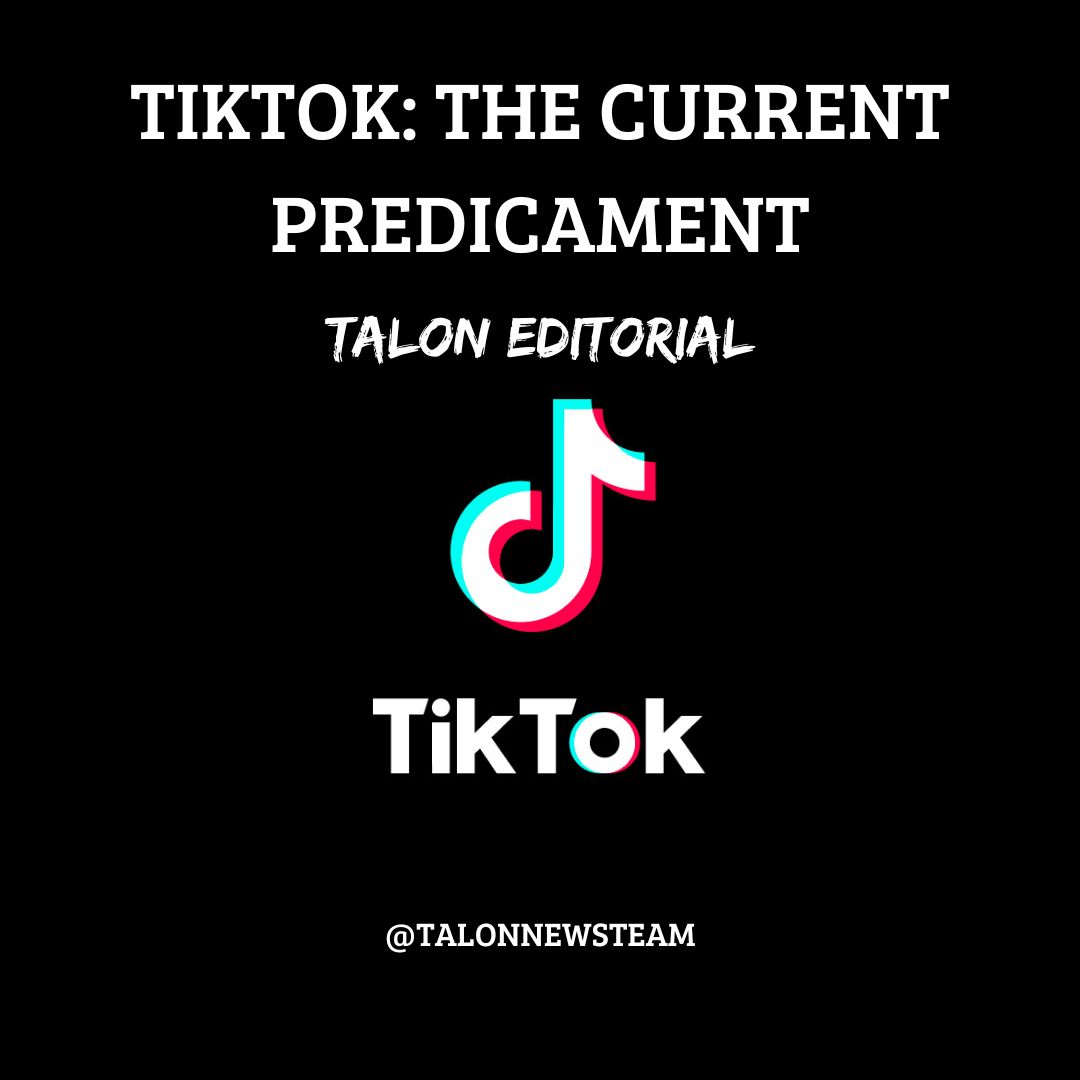


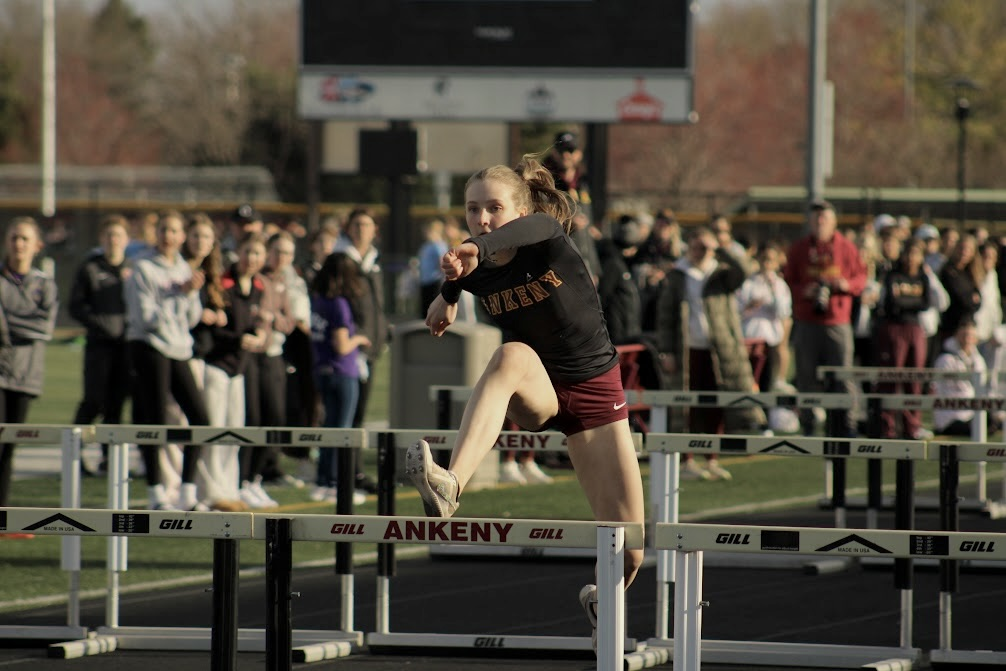

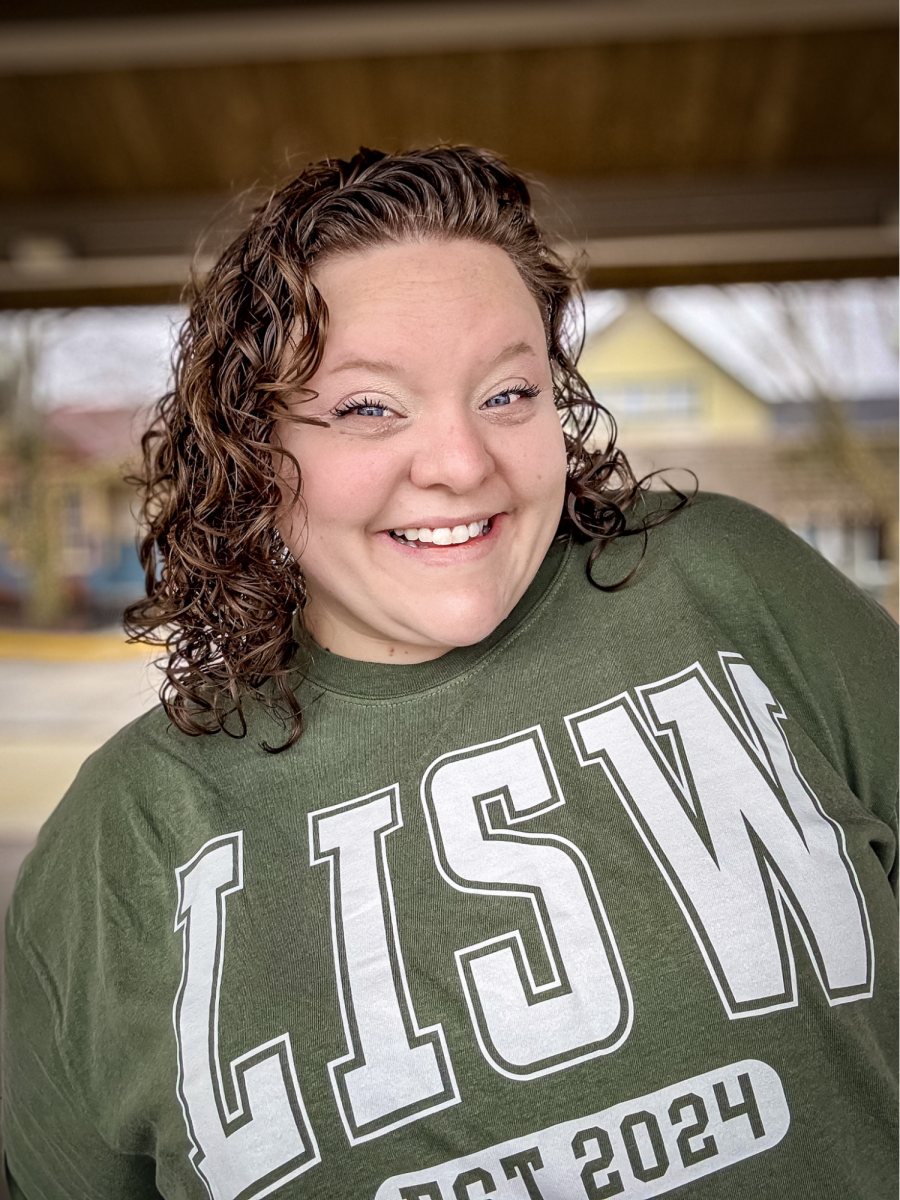

![Bing talking about the plan for the day with her students in one of her AP Biology courses. “If I wasn't passionate about working with students, I don't think [I’d stay in teaching], but no, it's absolutely the students that I have that [make it worth it,” Bing stated. Photo taken by Sylvia Bartlett.](https://ahstalonnews.com/wp-content/uploads/2025/04/bing.jpg)
